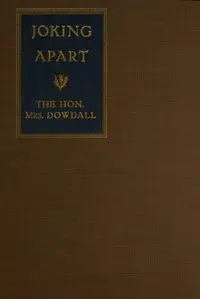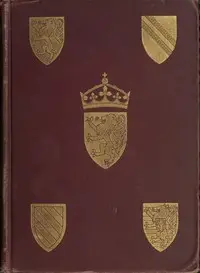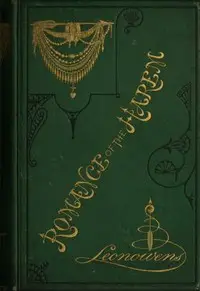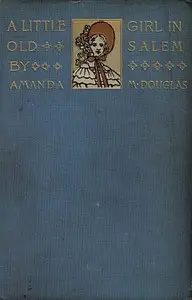"Mr. Dooley Says" by Finley Peter Dunne is a journey into early 20th-century America through the eyes of Mr. Dooley, a fictional character whose witty conversations with Mr. Hennessy shed light on social issues, politics, and the funny aspects of daily life. With a comedic voice, the book, at the start, starts with the subject of divorce, pointing out the strangeness of different state laws and reasons for divorce, such as baldness or snoring, and presenting comical stories, like that of "Greasy Bill," whose marriage takes a comedic turn. This captures the essence of Dunne's work as a blend of humor and thoughtful observation.

Mr. Dooley Says
By Finley Peter Dunne
Dive into a world where a charismatic observer shares humorous takes on divorce laws and the comical ups and downs of relationships.
Summary
About the AuthorFinley Peter Dunne was an American humorist, journalist and writer from Chicago. In 1898 Dunne published Mr. Dooley in Peace and in War, his first collection of the nationally syndicated Mr. Dooley sketches. Written as though speaking with the thick verbiage and accent of an Irish immigrant from County Roscommon, Dunne's fictional "Mr. Dooley" expounded upon political and social issues of the day from behind the bar of his South Side Chicago Irish pub. Dunne's sly humor and political acumen won the support of President Theodore Roosevelt, a frequent target of Mr. Dooley's barbs. Dunne's sketches became so popular and such a litmus test of public opinion that they were read each week at White House cabinet meetings.
Finley Peter Dunne was an American humorist, journalist and writer from Chicago. In 1898 Dunne published Mr. Dooley in Peace and in War, his first collection of the nationally syndicated Mr. Dooley sketches. Written as though speaking with the thick verbiage and accent of an Irish immigrant from County Roscommon, Dunne's fictional "Mr. Dooley" expounded upon political and social issues of the day from behind the bar of his South Side Chicago Irish pub. Dunne's sly humor and political acumen won the support of President Theodore Roosevelt, a frequent target of Mr. Dooley's barbs. Dunne's sketches became so popular and such a litmus test of public opinion that they were read each week at White House cabinet meetings.














